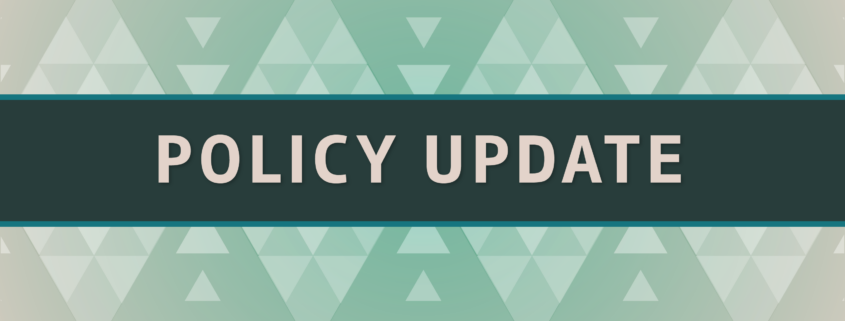Representative Stanton and Representative Joyce Reintroduce NCUIH-Endorsed Legislation to Elevate Native Health Care Within the Federal Government
On January 28, 2025, Representatives Greg Stanton (D-AZ-4) and David Joyce (R-OH-14) reintroduced the Stronger Engagement for Indian Health Needs Act of 2025 (H.R.741), a National Council of Urban Indian Health (NCUIH)-endorsed bill. The legislation, which was considered during a House Subcommittee on Indian and Insular Affairs hearing on February 5, 2025, aims to elevate the Indian Health Service (IHS) Director to the position of Assistant Secretary for Indian Health within the Department of Health and Human Services (HHS). This change would increase the Director’s authority and ability to address the health care needs of American Indian and Alaska Native (AI/AN) communities.
“It is time for the government to recognize the importance of Indian health and uphold the federal trust responsibility to provide healthcare to all Native people. The elevation of the IHS Director to Assistant Secretary will uplift our voices in the Administration and is a critical step in improving health outcomes in Indian Country. We thank Representatives Greg Stanton and David Joyce, and we urge Congressional leaders to support this vital legislation,” said Walter Murillo, President of the National Council of Urban Indian Health and Chief Executive Officer of Native Health.
Support for the Legislation in House Hearing
In the House Subcommittee on Indian and Insular Affaris hearing on February 5, 2025, Rep. Stanton highlighted the need for this bill to pass, “As an Assistant Secretary, the head of IHS would have expanded authorities improving continuity and quality of care provided by its employees. This is crucial for our native populations in Arizona and across the whole country, Indian Health is chronically underfunded in 2023 the average expenditure for Native American patients under IHS was about 1/3 of health care expenditure for non native individuals. That’s unacceptable. Basically, it is not because Native people are less sick, this means they are simply receiving less care.
Report after report from the National Institutes of Health and the US Commission on Civil Rights cite that understaffing and underfunding of Indian Health System leaves many basic needs of our Native American community on them, leading to lower life expectancy and disproportionate rates of disease. The recent Supreme Court ruling in Becerra versus San Carlos Apache only adds to the uncertainty of IHS physical future, making action now to add leadership to the IHS so important. And this is a bipartisan issue. The late great senator, John McCain from Arizona, introduced this legislation originally in 1994 during his time in the Senate. This bill passed five times as a standalone bill, once more in the Indian Health Care Improvement Act of 2007 and there is precedent for doing an action like this. For example, in 2016 Congress elevated the director of the Substance Abuse and Mental Health Administration to an assistant secretary to respond to the opioid crisis.”
Next Steps
The bill was referred to both the House Committee on Energy and Commerce and the House Subcommittee on Indian and Insular Affairs. NCUIH will continue to monitor the legislation’s progress.





